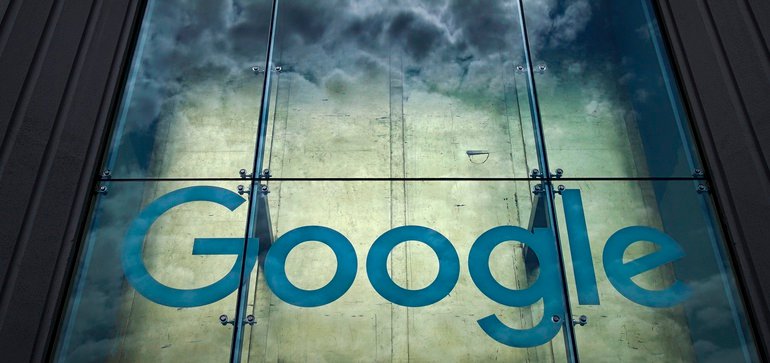Dive Brief:
- To prevent retailers from losing sales stemming from poor search results, Google introduced a Retail Search tool to provide customers with more precise search results when shopping online, Srikanth Belwadi, group product manager of Google Cloud, said in a blog post on Wednesday.
- According to the announcement, the tool is equipped with advanced query understanding to give shoppers better search results and semantic search to match product traits with website content for discovery. The search tool optimizes results by harnessing user interaction and ranking models and also includes privacy practices that protect retailer data with access controls.
- Among the retailers that have tested Retail Search are Lowe’s, Fnac Darty and Casas Pernambucanas. So far, the companies that have tried out the feature have seen an uptick in sales conversions, bigger basket sizes and better customer engagement, Belwadi said.
Dive Insight:
Google created the Retail Search feature to address inadequate searches that lead to cart abandonment on e-commerce sites. The tech giant conducted a survey with the Harris Poll indicating that 94% of U.S. consumers quit a shopping session due to inaccurate search results. The company also said that retailers lose $300 billion in sales annually because of search abandonment in the U.S.
“Today, people expect search engines to understand their intent more deeply, return relevant results faster, and help them discover new products easily with personalized recommendations,” Belwadi wrote in the announcement. “Now, through the power of Retail Search, when a shopper searches for a ‘long black dress with short sleeves and comfortable fit’ on an e-commerce site, they should immediately get results for precisely that—rather than refining their search multiple times, or worse, giving up their shopping journey.”
Neelima Sharma, the senior vice president of technology. e-commerce, marketing and merchandising at Lowe’s, said in a statement that since partnering with Google, the home improvement retailer has seen an increase in search conversion, a decline in its no results found rate, an uptick in its click-through rate and improved search results for long-tail searches.
In addition to Retail Search, Google has released other tools to assist retailers with their e-commerce tech and make the shopping experience easier for customers. Last May, the company expanded its partnership with Shopify, enabling sellers to easily showcase their products to customers on its mobile browsing tools. It also released a Shopping Graph tool, which tracks products, merchants, brands, reviews and inventory information using artificial intelligence. In September, the company introduced Google Lens, which allows shoppers to search and shop using images and videos on a given webpage.
The COVID-19 pandemic has accelerated e-commerce spending, but research suggests that consumers are still turning to stores for the majority of their purchases. A 2021 report from Forrester predicts that 72% of retail will occur in physical stores in 2024. Still, e-commerce grew by 30% in 2020, the highest growth since 2002, according to Forrester.






